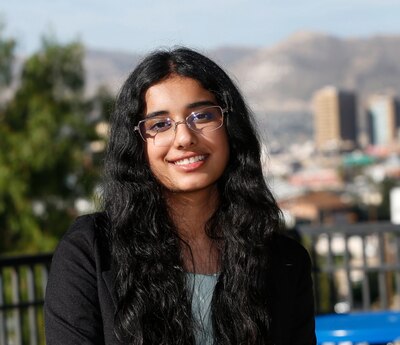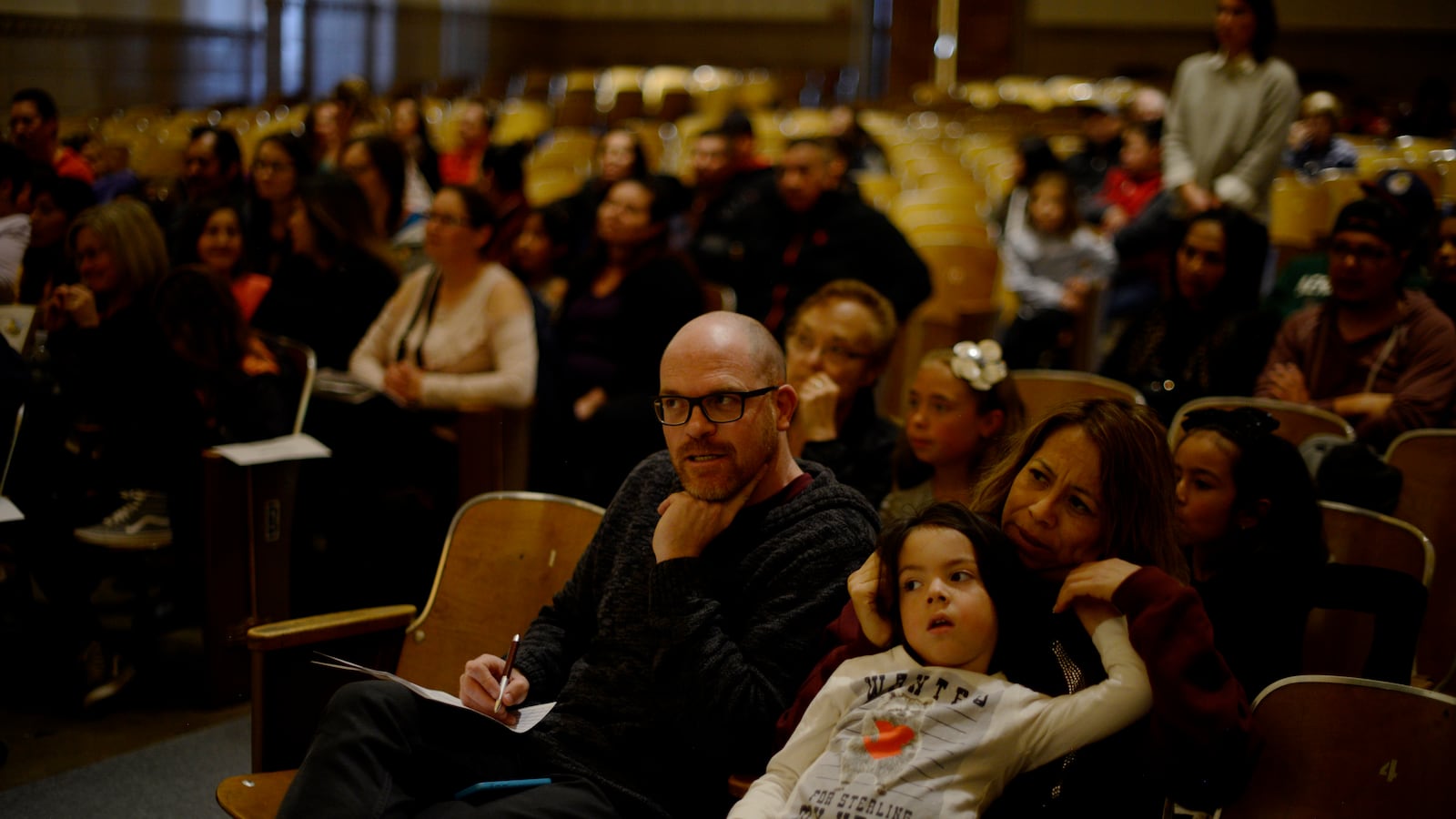I moved with my family to America from Karachi, Pakistan, when I was a toddler. Since then, we have lived in El Paso, Texas, a city on the border of the United States and Mexico. By the time I was in third grade, I was fluent in Urdu, English, and Spanish — thanks to a dual-language program for Spanish and English. In elementary school, I was taught all core content in both languages.
My love for languages was so strong that being trilingual didn’t seem like enough. As a young child, I remember sitting on the couch, engrossed in the Scripps National Spelling Bee. I was amazed at how many English words were rooted in other languages: Latin, Greek, French, Spanish, and more. I couldn’t wrap my head around the fact that the English language was made up of hundreds of thousands of words, all of them just different combinations of the same 26 letters.

I dreamed of competing in spelling bees, and by fourth grade, I was doing it. At my first competition, a Spanish-language spelling bee, I placed third in my school. The next year I even made it to the National Spanish Spelling Bee, though I was ultimately eliminated in one of the final rounds.
For the next two years, I polished my Spanish and all the rules of the language. I would sit with my mom and, for hours every day, we would review and revise the provided word list. We’d spend hours more reviewing the rules of the Spanish language — from where to put an accent to how to differentiate between “r” or “rr.’’ People often seemed surprised when they heard that a native Urdu speaker was competing in a Spanish-language competition.
My entire life has been a melting pot of cultures, traditions, lifestyles, and languages.
By the summer after seventh grade, when I was 13 years old, I felt ready to try again. On the day of the competition, held virtually that year due to COVID, I bubbled with excitement. I couldn’t ignore my nerves when I saw the judges and parents onscreen, but I knew I was ready. From words like “cuchilla” (knife) and “trazo” (streak) to more difficult words like “rehilete” (dart), the words I was asked to spell were often tricky. As I made it through round after round, the difficulty of the words increased but my nerves slowly calmed. It was the most exhilarating experience spelling my final word: jurisdicción (jurisdiction). With it, I had just won the National Spanish Spelling Bee.
In fifth grade, I also began competing in English-language spelling bees. The first time, I placed second in my school. In seventh and eighth grades, I made it to the Scripps National Spelling Bee, the same competition that had fascinated me since I was 5. In that competition, I made it to the quarterfinals but was eliminated before the semifinal round. Still, it is an experience I will forever cherish.
While practicing for and participating in spelling bees, I’ve realized how interconnected we all are despite the forces pushing us apart. The preparation for these competitions is about so much more than just memorizing words; it is about having a genuine understanding of them. Since it would be impossible to memorize every word in the English and Spanish dictionaries, the roots and the rules helped me spell the words. Like people, words have histories. I learned them.
Sometimes people ask me, “Why are you learning all of this?’’ or they tell me to spend my time doing “more useful things.” What they don’t yet understand is how much languages have to teach us about the diverse cultures that created these languages and speak them to this day.
My entire life has been a melting pot of cultures, traditions, lifestyles, and languages. All of them have molded me into the person I am today.
I am an immigrant. I am a Pakistani Muslim. I am a resident of a border town where my neighbors speak a mix of English and Spanish, and often travel between El Paso and neighboring Juarez, Mexico, as if they were crossing the street. I am someone who strives to overcome linguistic, societal, and cultural barriers. I am a global citizen who knows each culture and language I encounter is unique, and yet they are interconnected in intricate, beautiful ways.
Marium Zahra, a student at Young Women’s STEAM Research & Preparatory Academy in El Paso, Texas, is an emerging writer and artist. Her work has been in the City Magazine, Peaxunduque Review, Lucky Jefferson, Celebrating Art, and scholastic art awards. Her artwork has also been exhibited in six galleries.



